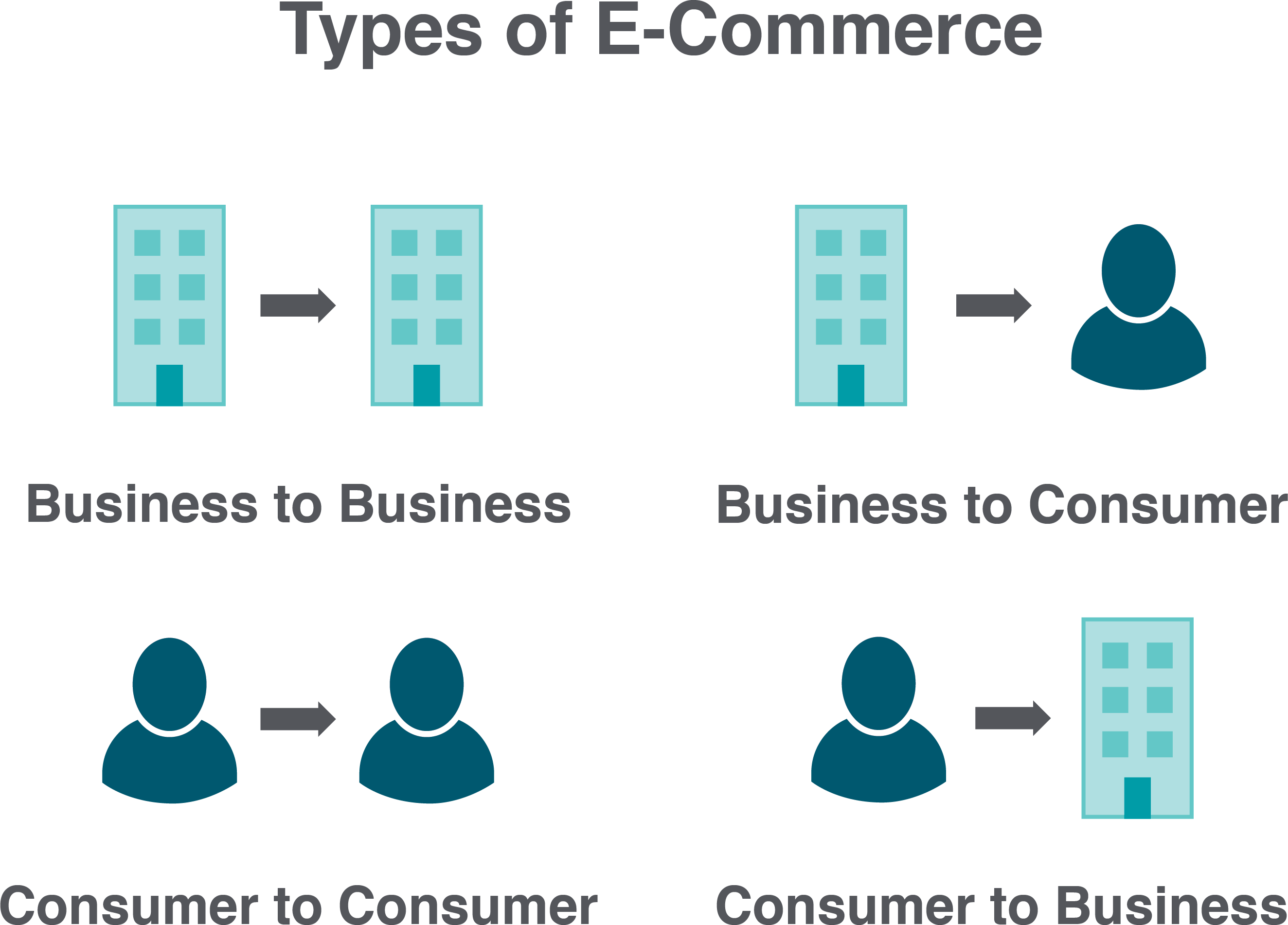“E-commerce: Digital Innovation and Leveraging Opportunities for Business Success”
In the era of advanced technology, e-commerce has emerged as a vital hub for business operations, transcending its traditional role as a mere platform for buying and selling. It now stands as a gateway for businesses to expand their footprint and reach a global audience.

The Digital Market Shift:
In the context of advanced technology, e-commerce has become a vital center for business operations, surpassing the traditional understanding of buying and selling. It is now a gateway to expand business horizons and reach a global audience.
International Expansion Opportunities:
E-commerce presents an invaluable opportunity for companies to expand beyond borders, boosting sales volumes and opening up new avenues for growth.
Building a Robust Business Platform:
To thrive in the age of e-commerce, building a strong and intelligent platform is essential. This platform should facilitate user experience and enhance business operations.
Digital Marketing Strategies:
Digital marketing forms the core for engaging with the audience and capturing attention. Through the use of social media and digital advertising, it enhances brand visibility and improves marketing strategies.
Enhancing the Online Shopping Experience:
A responsive website design contributes to facilitating the online shopping experience across various devices. Providing a secure payment system enhances customer trust and confidence.
Data Analysis and Continuous Improvement:
Data analysis helps in understanding customer behavior and gaining vital insights, contributing to the improvement of marketing strategies and enhancing the customer experience.
Integration with Modern Technologies:
Investing in modern technologies, such as artificial intelligence, aids in improving business operations and provides a solution for technological innovation.
Providing an Interactive Experience:
Integrating virtual and augmented reality technologies enhances customer interaction with products, making the shopping experience more engaging and distinctive.
In this way, the scope of the article is expanded to accommodate details and achieve the intended purpose.
The Integration of Innovative Technologies:
Embracing emerging technologies like artificial intelligence and data analytics can revolutionize business operations. These technologies provide actionable insights, streamline processes, and enhance decision-making capabilities.
International Reach and Cross-Border Transactions:
E-commerce facilitates international trade, allowing businesses to transcend geographical boundaries. Cross-border transactions become smoother, providing opportunities for global market penetration.
Responsive and Mobile-Friendly Designs:
A responsive website design ensures seamless functionality across various devices, catering to the growing trend of mobile commerce. This enhances user experience and accessibility.
Personalized Marketing Approaches:
Utilizing data analytics enables businesses to implement personalized marketing strategies. Tailoring content to individual preferences enhances customer engagement and fosters brand loyalty.
Secure Payment Gateways:
The integration of secure payment systems is crucial in instilling confidence in online shoppers. Ensuring the safety of financial transactions is paramount for building trust.
Agile and Adaptive Business Models:
E-commerce allows businesses to adopt agile and adaptive models, responding swiftly to market trends. This flexibility is essential for staying competitive in the dynamic digital landscape.
Sustainability and Green Practices:
Incorporating sustainable practices in e-commerce operations aligns with environmental consciousness. From eco-friendly packaging to reducing carbon footprints, businesses contribute to a greener future.
Collaboration with Influencers:
Leveraging social media influencers and online personalities can amplify brand visibility. Collaborations create authentic connections with the audience, influencing purchasing decisions.
In conclusion, the holistic approach to e-commerce involves not only embracing technology but also fostering a customer-centric and environmentally conscious mindset. This multifaceted strategy positions businesses for sustained success in the ever-evolving digital realm.






